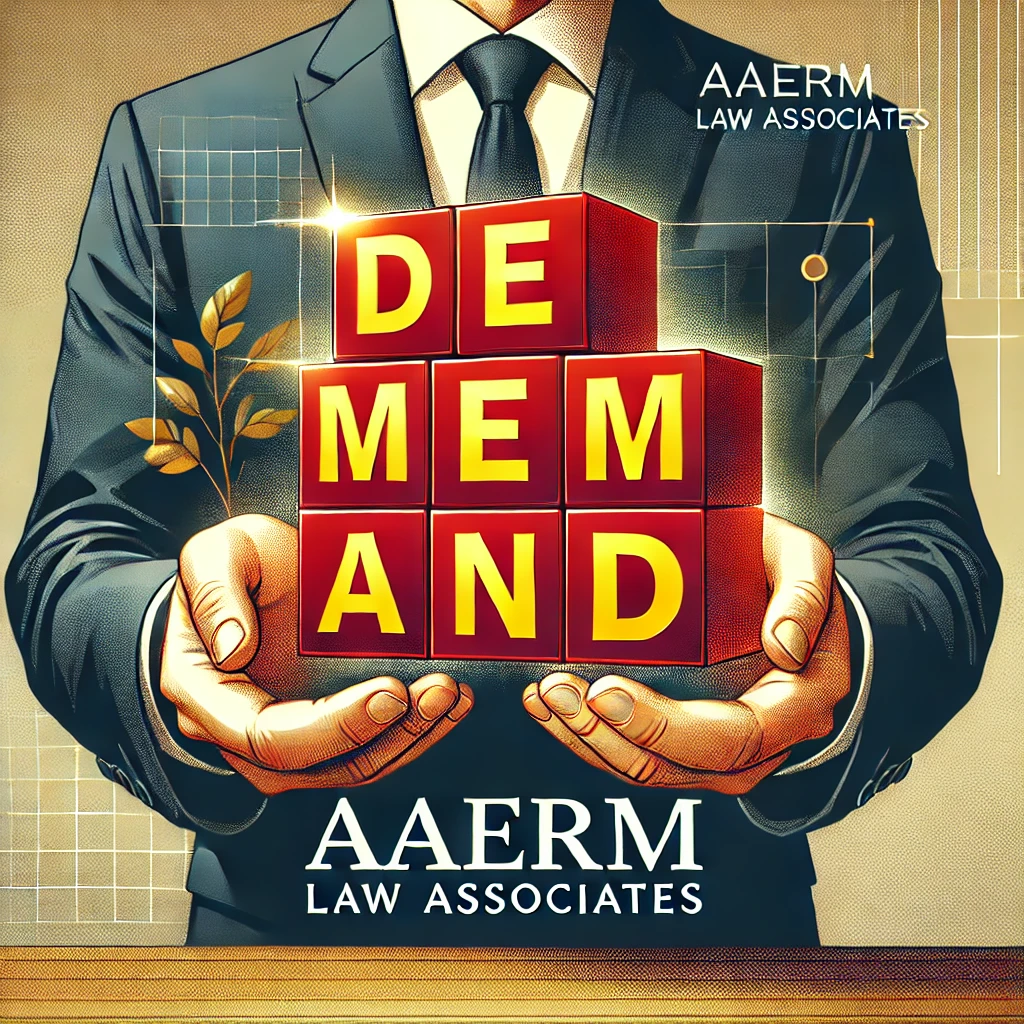
Oral Statements Alone Cannot Sustain Tax Demand: CESTAT Ahmedabad Ruling
The CESTAT, Ahmedabad, in Krish Corporation v. Commissioner of C.E. and S.T.-Surat -I [Service Tax Appeal No. 10686 of 2014-DB], ruled that tax demands cannot be raised solely based on oral statements of witnesses without corroborative evidence. The appeal reduced the tax demand and provided key clarifications on the admissibility of witness statements in tax disputes.
Case Summary:
Facts:
Krish Corporation (“Appellant”) rented out shops.
Revenue Department alleged suppression of rental income and issued a Show Cause Notice (SCN) for recovery of service tax.
The demand was based on oral statements of tenants, without cross-examination or additional evidence.
Issue:
Can a tax demand be upheld solely based on oral statements of witnesses without corroboration or further evidence?
Key Observations by CESTAT:
- Burden of Proof:
Revenue failed to provide corroborative evidence beyond oral statements.
Sole reliance on statements is insufficient to establish tax evasion.
- Admissibility of Statements:
Oral statements of service recipients are inadmissible as evidence without corroboration.
Statements were not supported by Section 9D of the Central Excise Act, 1944, which mandates cross-examination.
- Cross-Examination Requirement:
None of the witnesses whose statements were used to raise the demand were cross-examined, violating due process.
- Judgment:
Tax demand reduced as no substantial evidence corroborated the statements.
No penalty imposed as the tax was paid before issuance of the SCN.
Implications for GST Cases:
The judgment sets a precedent for GST-related disputes where demands are based on witness statements without supporting evidence. Assessees can challenge such demands by citing the need for corroborative evidence and the right to cross-examine witnesses.
